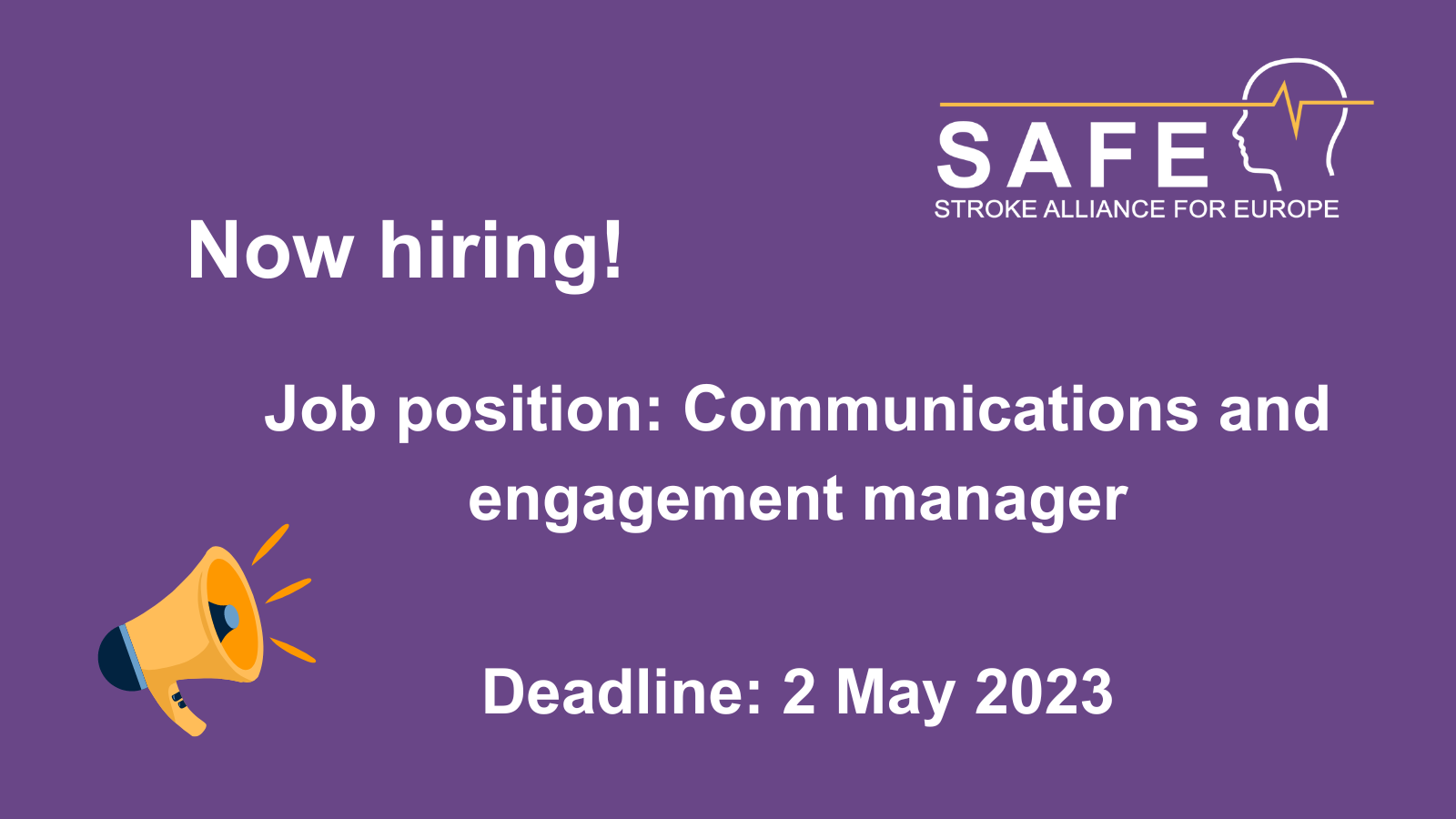
Apr 11, 2023
We are looking for a new European communications and engagement manager..
This person must be creative, passionate and productive with experience in health communication, using all the main channels of communication. and digital asset creation. This person must have excellent written and spoken English.
This role will help us build a strong community with our members and will also help us deliver our flagship projects including the European Life After Stroke Forum, the Stroke Action Plan for Europe and our EU research projects.
Read more and apply here: https://bit.ly/3nIN6Lm
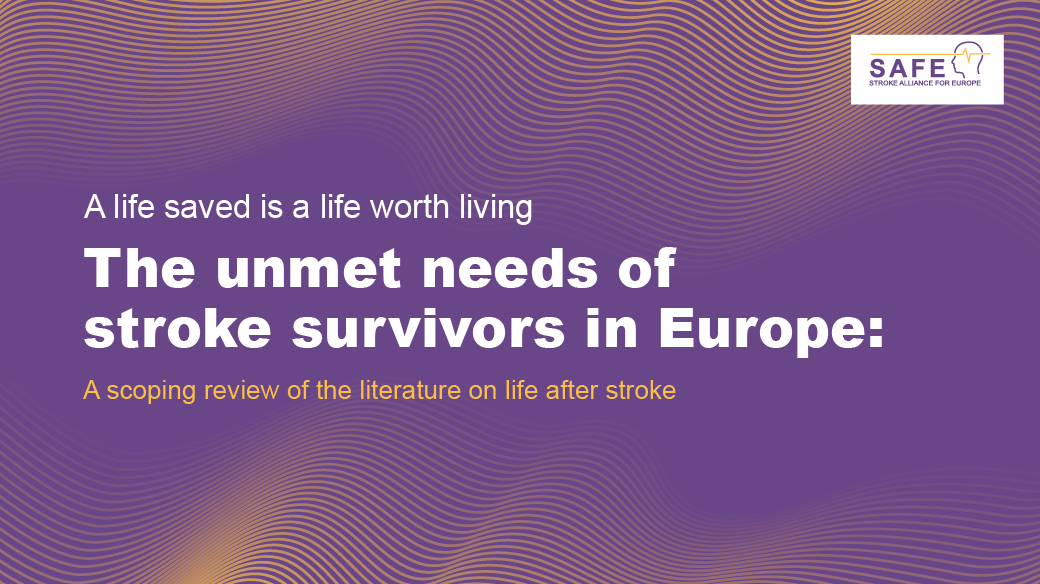
Mar 13, 2023
We launched a research report at the European Life After Stroke Forum (Friday 10 March) that reveals the long-term support to meet the needs of stroke survivors in Europe is severely lacking.
A life saved is a life worth living – the unmet needs of stroke survivors in Europe, is a comprehensive review and analysis of all the research on the needs and unmet needs of stroke survivors.
‘A life worth saving must also be worth living but our report shows that even basic things like access to ongoing rehabilitation or mental health support is a constant struggle for people who have had a stroke. All too often service provision and support stop a few weeks after someone has a stroke, but their needs persist.’ Arlene Wilkie, Director General, Stroke Alliance for Europe
Kings College London, who carried out the review, found over 80 distinct issues, where stroke survivors have said that their needs are not being met: from the need for ongoing physiotherapy to promote mobility; or psychological support to help prevent depression. The report also covered the need for better inclusion in social and community life and highlighted the often overlooked needs of informal carers.
‘In my long-term, still ongoing, recovery I have a strong need for continued physiotherapy and occupational therapy. It goes without saying, that for this to happen there is a need for financial resources.’ Jurg, stroke survivor, Switzerland
Read the summary report
European Life After Stroke Forum
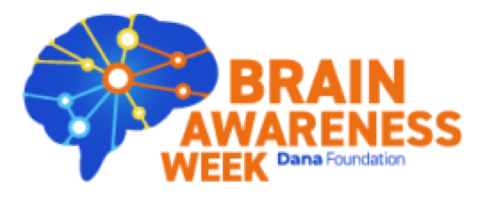
Mar 13, 2023
It is Brain Awareness Week this week (13 to 19 March) and we will be marking the occasion by sharing the importance of research in stroke by promoting EU-funded research projects that we are involved in.
Over the next few days, we will share news and insights into exciting stroke research in Europe.
Follow us on social media at @StrokeEurope (Twitter) and @SAFEStroke (Facebook), #BrainAwarenessWeek.
We will be highlighting three innovative projects:
- ANGIE – @ANGIE_h2020
- RESQ+ – @strokecareresq
- VALIDATE – @VALIDATEproject
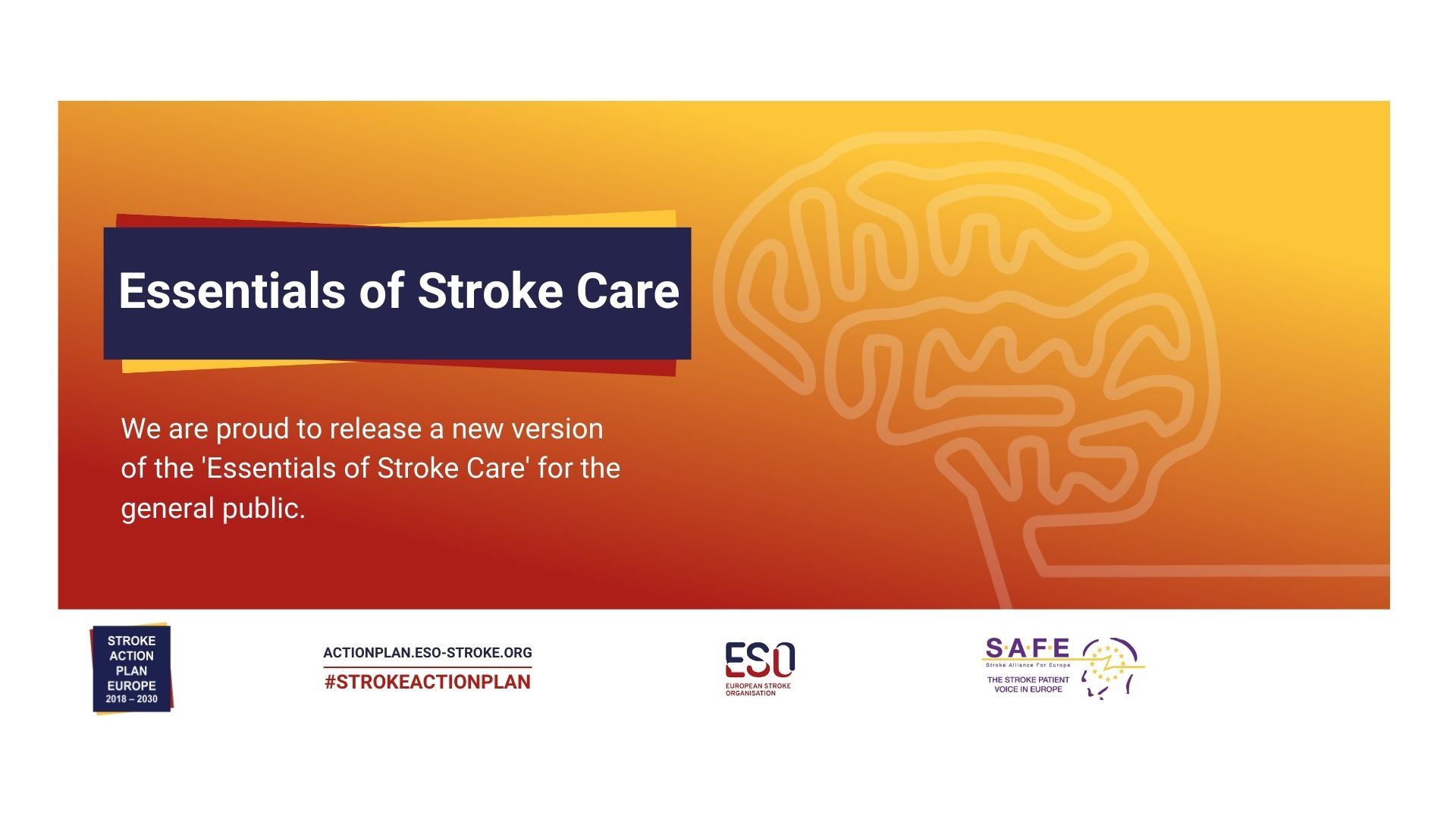
Feb 28, 2023
The Essentials of Stroke Care was created to be a guide for stroke health professionals and planners. This latest version is for the general public and lays out what care and support every stroke survivor should receive.
This guide provides stroke survivors, their relatives, carers, and advocates with a checklist against which they can assess the quality of their care.
It includes the latest information and resources to help those affected by stroke.
Download a copy at actionplan.eso-stroke.org/wp-content/uploads/2023/02/SAP-E_Lay-Version_Essentials-of-Stroke-Care.pdf
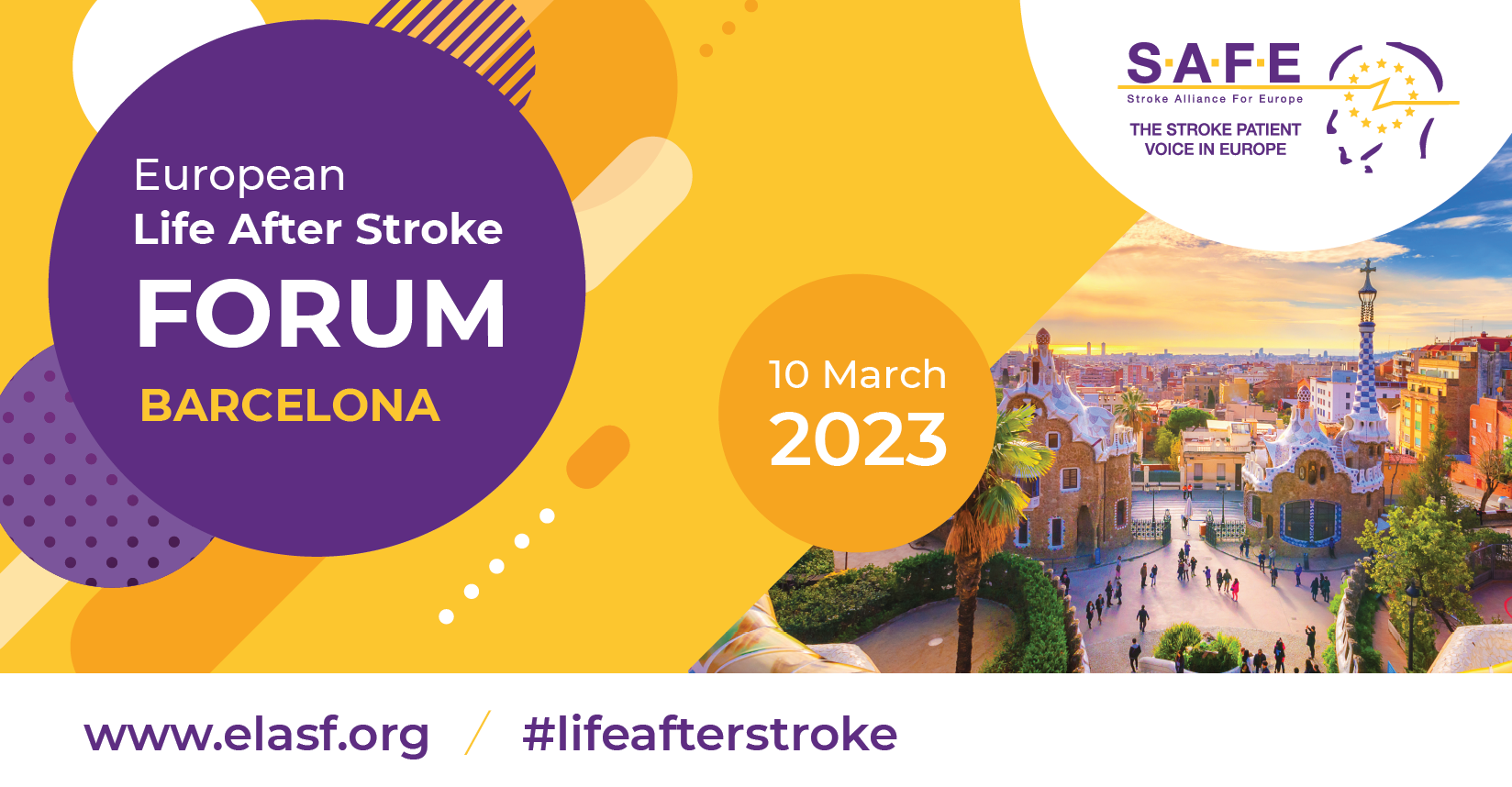
Feb 28, 2023
We are pleased to confirm our full programme for the European Life After Stroke Forum on Friday 10 March in Barcelona, Spain.
About the Forum
The Forum is the place to find the latest evidence and research in life after stroke, as we all know, a neglected area of stroke care. Our aim is to build the life after stroke healthcare, research and patient community, stimulate debate and build our collective knowledge in life after stroke. The overall goal is to improve the quality of life after stroke for the nine million people living with stroke in Europe.
Programme overview
Our forum programme covers a range of topical issues in life after stroke and will include keynote presentations by eminent speakers supplemented by contributed talks and a poster session.
| 09.15-09.30 |
Open |
| 09.30-10.45 |
Plenary 1 – The focus on life after stroke |
| 10.45-11.30 |
Coffee/exhibition/guided tours/ poster talks |
| 11.30-12.30 |
Parallel 1 – Driving after stroke |
| |
Parallel 2 – Debate: Stroke survivors should be empowered to live life well |
| |
Parallel 3 – Intimacy, relationships and sexual wellbeing after stroke |
| |
Parallel 4 – Physical exercise after stroke |
| 12.30-13.40 |
Lunch/exhibition//guided tours/ poster talks |
| 13.40-14.55 |
Plenary 2 – Secondary prevention |
| 15.00-16.00 |
Parallel 5 – Driving after stroke |
| |
Parallel 6 – Highest scoring abstracts |
| |
Parallel 7 – Physical exercise after stroke |
| |
Parallel 8 – Intimacy, relationships and sexual wellbeing after stroke |
See our final programme at bit.ly/3GeAgvr
There are still a few remaining places available at bit.ly/3UDIuli









